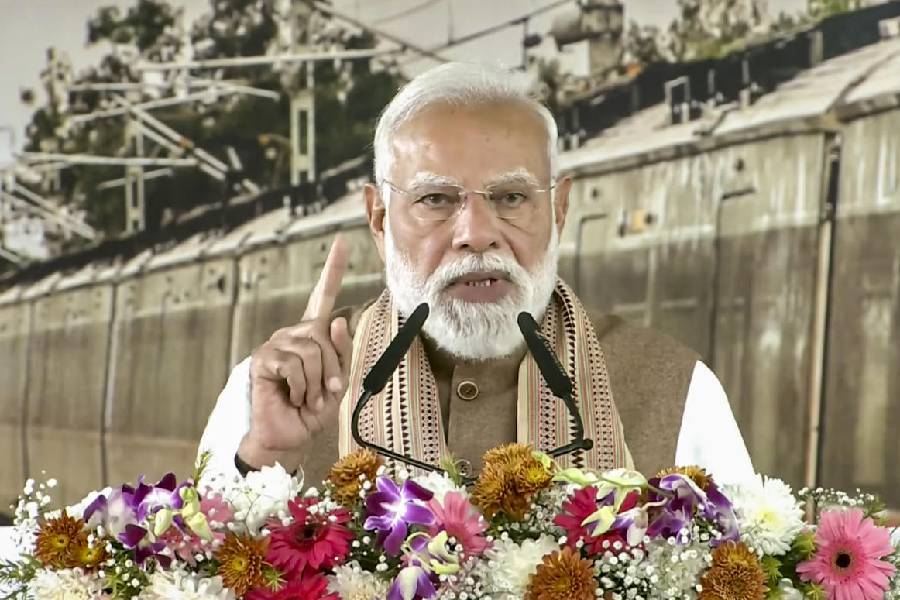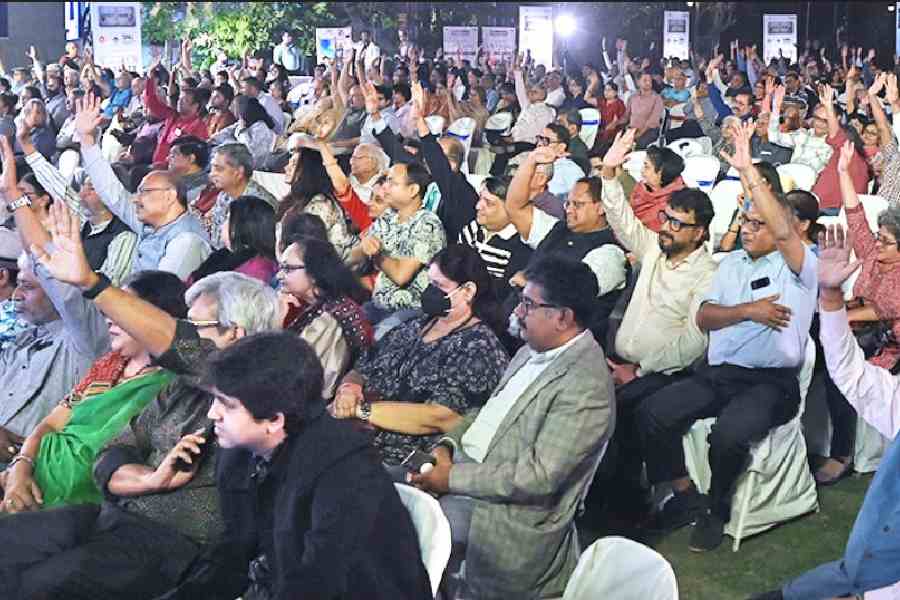A shadow often falls between enlightened law and the nature of its implementation. An instance of this worrying gap has come to the fore — ironically — on the 10th anniversary of a momentous legislation. Ten years ago, the Salwa Judum, an armed vigilante outfit raised and patronized by the State against its battle against Maoists in Chhattisgarh, had been banned by the Supreme Court, which stated that the deployment of tribal youth as special police officers was illegal. The apex court, in essence, was frowning upon the practice of raising militias whose members — cannon fodder to the powers that be — bore the brunt of the collateral damage in the battle between the State and the insurgents. The learned judges had also strongly argued in favour of rehabilitating and protecting members of the militia that was to be disbanded. It would be instructive to assess the State’s response towards this intervention after a decade. There are allegations that the SPOs have been rechristened as the District Reserve Guard, a constituency of poorly- trained and poorly-paid personnel, which has been known to commit excesses much like the Salwa Judum. Even more worrying is the absence of justice for the victims of the militia’s crimes. Depositions by survivors before judicial commissions or India’s premier investigative agency yielded very little corrective action against the perpetrators.
The Supreme Court’s judgment assumes importance not only because of its patchy implementation. There is also the matter of the judgment exposing the hypocrisy of the State. It is fashionable to chastise ‘non-State actors’ in the modern security parlance. Usually, and not always without reason, non-State actors are, it is argued, rogue elements that retain the potential to disrupt peace and wreck lives. But this branding is not unproblematic. The rise of shrill nationalism in India has resulted in the conflation of critical opinion with that of non-State actors in a bid to delegitimize — criminalize — their views. Little wonder then that the ruling Bharatiya Janata Party is prone to spotting an ‘urban Naxal’ — a bona fide dissenter — in every corner of the country. This could well be a ruse to deflect attention from the deployment of militias, admittedly with a few tweaks to their form, in conflict zones. The violation of the letter and spirit of an important judgment on an extrajudicial agency — the Salwa Judum — must be an occasion to deepen the public engagement with the layered nature of its history and State complicity.










